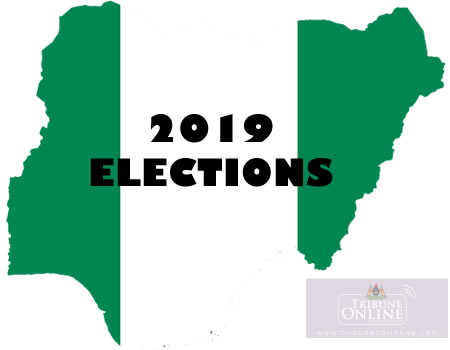Nigeria achieved a democratic franchise from the pre-independence days in some parts of the country; with a dangling question of how to devise a qualitative franchise, the electorate having the capacity to exercise their franchise in manners that bring about good governance and development. The role of an educated electorate in a democracy is classified into three segments viz: pre-election (assessment of candidates’ credentials of competence and the viability of their manifestos); during election (exercising franchise in civilised, free and patriotic manner); post-election (holding leaders accountable and duty bound to discharge their constitutional responsibilities and to fulfil campaign promises).
ALSO READ: PDP accuses defence minister of diverting military funds for APC campaign
Owning the electoral process is the major hallmark of a political system that has an educated electorate. Nigeria is still divided along the temporary opportunities our support for candidates in our elections can fetch us. With the unveiling of the electoral manifestos by political parties for the 2019 general election, the questions are not about the quoted campaign promises but the fundamental issues of how the candidates would actualise those ideas if given the mandate. The discourses and civic voices must be engaged from the rural areas to the presidency. Unfortunately, Nigerians prefer to monetise their voting right rather than leverage it as an essential instrument to restore a decent society and country of their craving.
The electioneering period presents a window of responsibilities for an informed and educated electorate, with the demands to exercise their franchise in a civilised, free and patriotic manner. The people must shun the culture of money-induced voting. It is understandable that the impoverished economic situation and beclouding hunger in the country has the tendency of compromising our uprightness in not selling our votes, but we must know that cowing in is simply to allow the politicians succeed in their ploy to entrench poverty in order to perpetuate themselves in power. We must think long term, think of our children’s future, think of the economic recession that we may avoid by voting right.
Yet, after the election results are counted and announced, we must do more to hold our leaders accountable. Exercising this constitutional right without political influence will send a strong signal to politicians, that behold, old things are passed away, now is the time for the people to man up and contend their development challenges for deserving solutions and results.
Ekpa Stanley Ekpa, Kaduna






